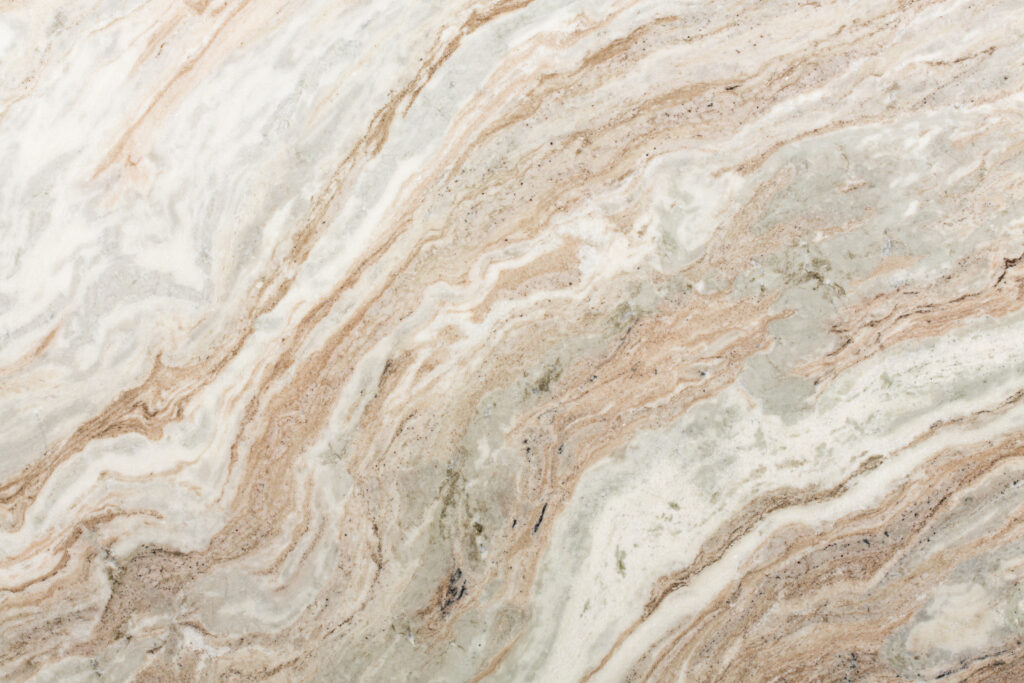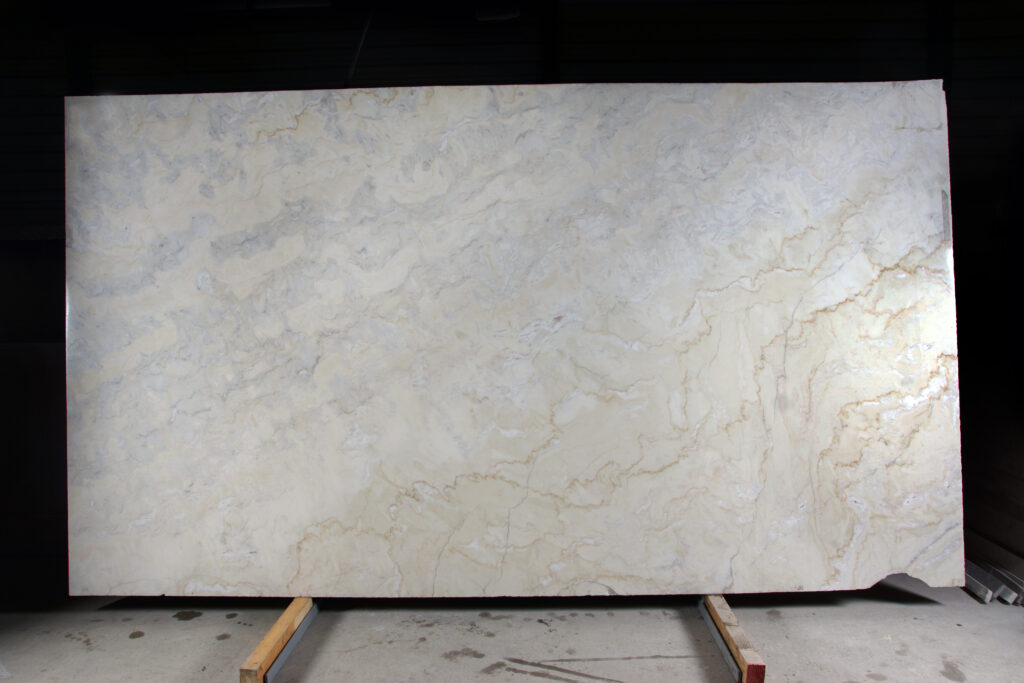Are Quartzite Countertops Better Than Quartz? Your Total Guide – 2021
Whereby quartzite countertops are quarried is more akin to that of granite, than quartz. Quartz and quartzite are both natural mineral formations found in nature, but they exhibit different characteristics. For kitchen countertops, there are several advantages and drawbacks to choosing quartzite over quartz or granite countertops.
Learn everything you need to know about quartzite countertops and the difference between them and other types of stone countertops. Find out what characteristics and attributes make quartzite stand apart from others, as well as the areas in which quartzite falls short of other countertops. And, see how it compares to other options in terms of price, aesthetic, durability, and ease of use.
Everything You Need to Know When Shopping Quartzite Countertops – 2021
Quartz vs quartzite countertops differs substantially in the manufacturing process. Whereas quartzite is a natural stone, like granite, quartz countertops are often created from silicon dioxide and other synthetics. Quartz countertops are often called engineered stone or manufactured stone.
Quartzite, on the other hand, is a naturally occurring rock, and it must be quarried from the palace where it naturally resides. It is a metamorphic rock, so it went through an extreme transformation at some point in the distant past, wherein sandstone was subjected to the extremely high temperatures and pressures caused by the movement of tectonic plates. Unlike quartz, quartzite is mined and cut into large slabs, so it can be shipped to stone cutters all over the world.

Quartz is easier to procure, and making quartz countertops can take place from start to finish in a manufacturing facility. Instead of using a solid slab for the countertop, the quartz is ground down to a powder and mixed with a liquid binding agent. Then, it is poured into a mold to solidify in the formation of a countertop slab.
How Does Quartzite Become a Kitchen Countertop?
Quartzite begins its journey of becoming a countertop in the quarry, where it is cut and mined into large slabs. Then, it makes its way to a custom countertop manufacturer, where it gets precisely cut to size. But, before it can go into a kitchen quartzite goes through a finishing process.

The quartzite stone naturally features a porous mineral structure, which is troublesome for countertops. Porous surfaces allow germs, bacteria, dirt, and dust to collect inside the crevices of the stone. So, before it goes into the kitchen, the countertop gets sealed with a polyurethane or wax treatment.
How Does Quartzite Compare to Quartz?
Though the name is similar, quartz and quartzite exhibit very different characteristics. And, if you are looking into a custom kitchen remodel or countertop upgrade, it is important to understand the differences. So, how does quartz compare to quartzite?
Comparing Optical Appearance and Aesthetics
Beauty is in the eye of the beholder, but – that being said – both materials feature quantitative differences to the naked eye. If you want a natural stone aesthetic, you might prefer quartzite. But, if your countertops need to match the color and aesthetic of your kitchen, quartz is more adaptive. The biggest difference between the two is that quartz countertops can be any color you want.
Quartz countertops begin their life as a liquid mixture, of around 95% quartz dust, and the rest are liquid bonding agents. In this stage, it is easy for the color of the countertops to be customized to your preferences. The manufacturer simply adds a liquid coloring pigment to the unsolidified mixture.
With quartzite, it’s not so simple to alter the stone’s color. Unlike quartz, the stone is cut from a solid slab, so quartzite features the natural colors and pigmentation that nature creates. In general, quartzite is composed mostly of different shades and hues of white, off-white, and pale gray.
The inclusion of iron oxide in the stone can result in the formation of deeper pink and red coloration. Other mineral inclusions can result in other colors, like blues, greens, and yellows. If you want a natural look, quartzite is a good choice, whereas quartz allows you to have complete control over the uniform coloration of your countertops.
Which is Harder and More Durable: Quartzite or Quartz?
Quartz and quartzite display different attributes when it comes to the stones’ durability, hardness, and heat-resistant qualities. Quartz countertops – as mentioned above – are made from resin, which technically makes them plastic. Therefore, quartz only withstands heat up to around 400ºF.
Quartzite, on the other hand, accommodates temperatures well above that of quartz. The natural stone is formed from heat and pressure which creates a very strong mineral structure. Quartzite is a harder stone than granite, which is a benefit and a drawback, at the same time.
The extreme rigidity of quartzite also lends the stone to being brittle. Quartz countertops are often more resistant to dents, scratches, and chipping. So, take that into account if you are remodeling a high-foot-traffic kitchen.
How Much Maintenance Is Required for Quartz vs Quartzite?
If you are looking for a low-maintenance kitchen countertop, quartz is a great choice. The quartz resin solidifies into a solid, liquid-proof surface. So, cleaning quartz is as easy as wiping it down with soap and water.
Quartzite is a higher-maintenance countertop material, due to the naturally porous mineral structure. Before installation, quartzite stone is sealed, to enable easier cleaning and protecting the counters’ longevity. Unlike quartz countertops, you must reseal quartzite regularly, which amounts to one or two sealant treatments per year. But, as long as the sealant treatment is applied, quartzite is just as easy to clean daily as that of quartz.
How Much Does Quartzite Cost?
Quartzite is more expensive than quartz and granite. The stone can cost between $60 to $100 per square foot, and premium slabs can cost even more. For an easy comparison – granite countertops usually cost around $40 to $70 per square foot.
Quartzite is a beautiful, natural, and high-end stone to upgrade your kitchen countertops. But, the best choice for your kitchen depends on your aesthetic preference, budget, and personal usage. Talk to a Myers Countertop associate for a free consultation on whether quartzite countertops are right for your kitchen and other available countertop options.